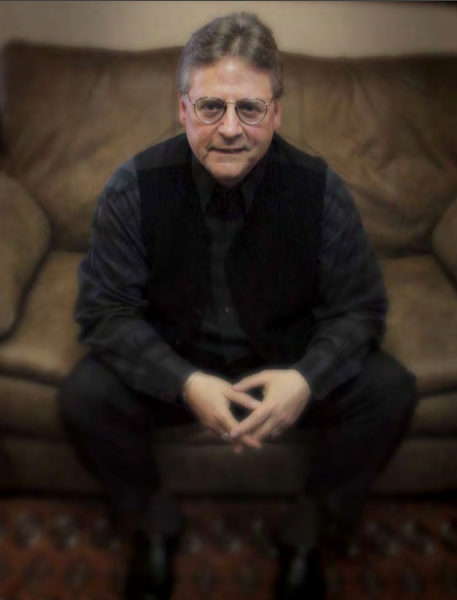Interview by Noah Graff
Today’s Machining World Archives May 2006 Volume 02 Issue 05

Buddy Portugal has practiced psychotherapy for over 30 years, and for the last 27 years, he has served as an organizational consultant for large, medium and small-sized companies. In addition, he and another psychologist, Bob Mark, started a men’s program in 1985 called the “Men’s Room,” now called “Victories of the Heart,” where men work on healing emotional wounds and building stronger relationships.
What is a common pattern you find in the mental health of people in companies?
We find that both in companies and outside of companies throughout this country, probably at any given time, 30-35 per-cent of people will either be depressed or experience periods of depression. And that can be said for companies of any size.
Can you define “depression” verses “clinical depression?”
Clinical depression refers to a physiological or a biological depression—something in the chemistry of one’s body that can cause people to have depressive reactions at different times. A non-clinical depression is usually seen in people experiencing depressive moods related to loss, or they’re upset with themselves or a situation. Depression is also anger turned inward toward somebody or toward one’s self.
What type of depression do you deal with most?
I think the largest percentage of depression has a lot to do with anger that people turn towards themselves.
How do you deal with a boss who is suffering from depression?
You have to be as supportive as you possibly can of that person. You have to be extra tolerant. And you have to be very open and honest if the depression begins to impact work negatively.
If a CEO suffers from depression, could he remove himself from his problems and still make good decisions and be successful?
I think a lot of CEOs are functional with depression and do very well. It depends on the severity.
How do you deal with an employee or many employees who are suffering from depression?
I think depression requires understanding. I think it requires compassion. And I think it requires limits in terms of how much will be tolerated. In other words, if a person is really depressed and they’re not performing well, then something has to be done.
What if the president of the United States was depressed? What would you do if you were his shrink?
He is [depressed]. And I would do the same thing for the president that I would do for a CEO or an employee. I would be as understanding and compassionate as I possibly could, and if he couldn’t perform his duties, I would gently ask him to remove himself after he has attempted to get help.
So you would recommend that the vice president step in?
Well, it depends on who the vice president is. In this case I probably wouldn’t.
What is one of the things you like most about your job?
I like people a lot. And I like the feeling that I have an ability to have a very positive impact and a very health producing impact on the lives of the people I’ve treated for 33 years.
What’s the thing you hate most about your job?
It takes a lot of energy if you do it right. It can be very draining.
If you could be any machine, what would you be?
A movie projector, so I could finally rest and find the time to see some of the movies I’ve been dying to see.

1 Comment
Glad to see a realistic and honest look at work and life, we all have set backs and some have chemical inbalances, my wife has had both plus post traumatic stress issues, we should all work to live and not live to work. Life is too short to get the balance right and truly
live.
You folks have a fine and modern trade journal.
Duane Evans